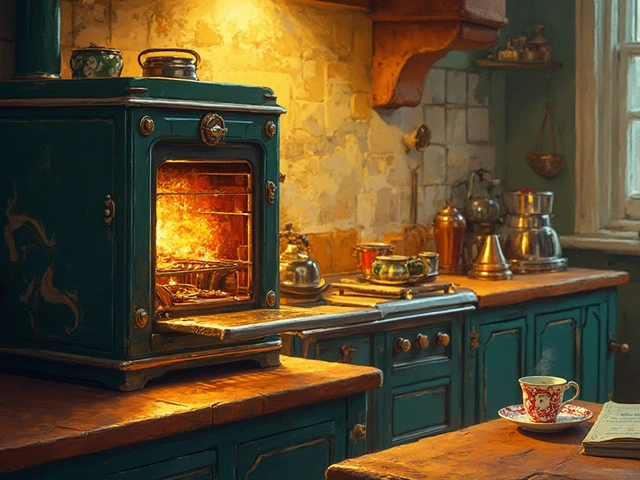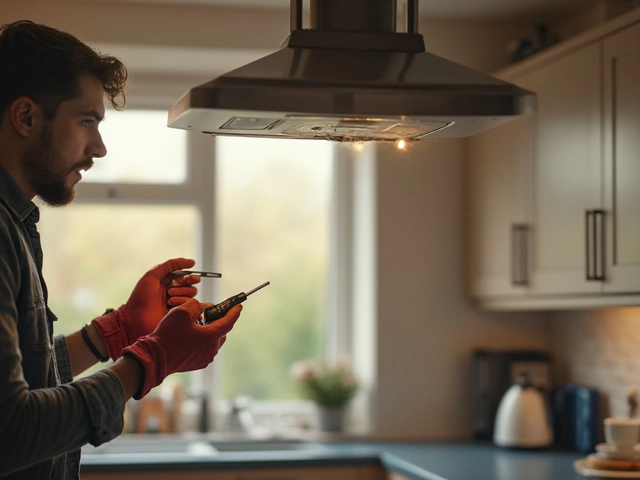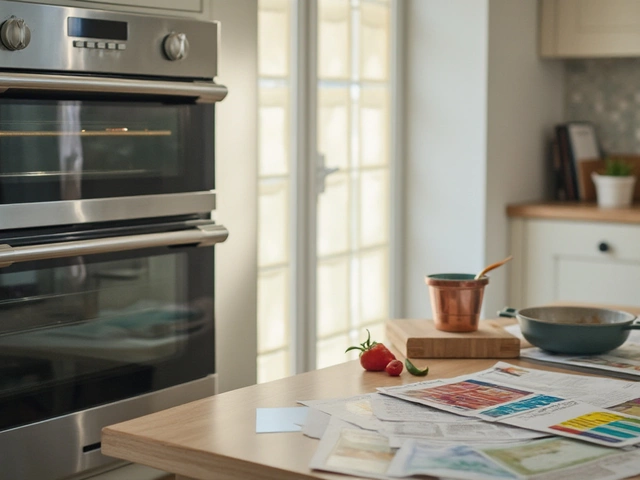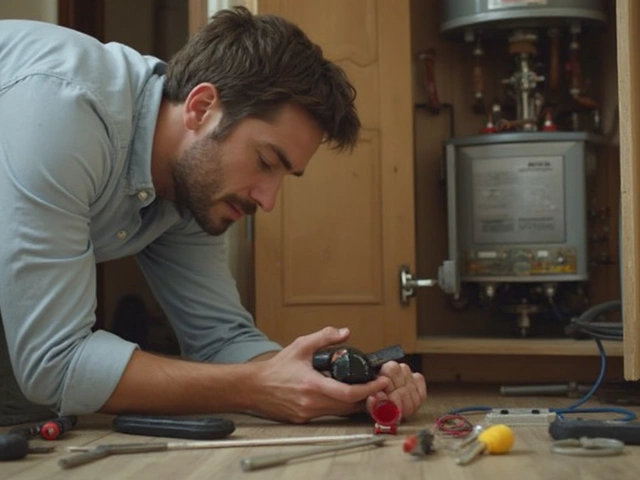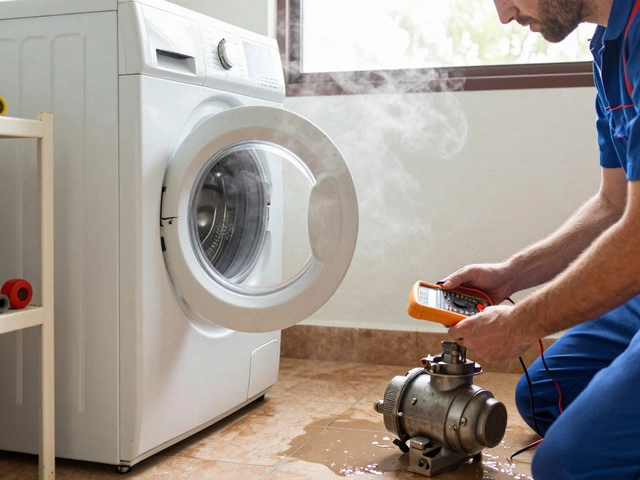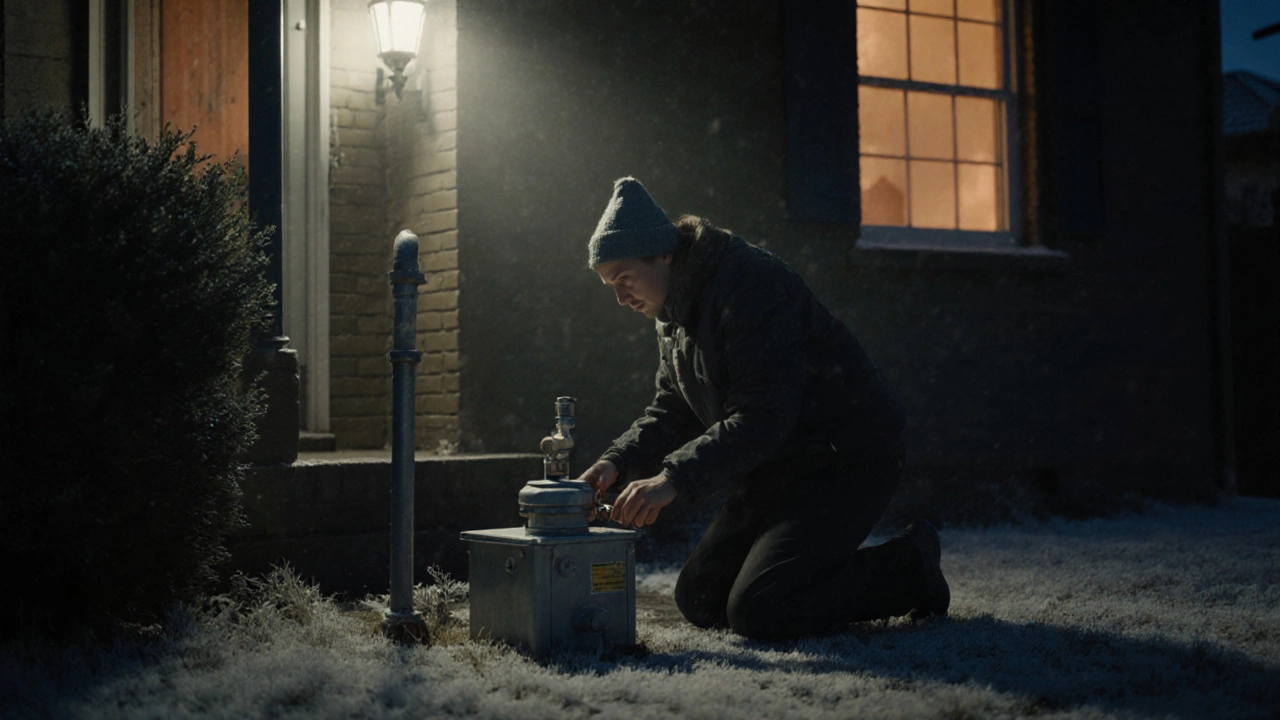Gas Appliances Not Working? Here’s What to Check and When to Call a Pro
When your gas appliances not working, gas-powered devices like ovens, hobs, boilers, or water heaters that rely on natural gas or LPG to function. Also known as gas-fueled appliances, they’re common in UK homes but can fail suddenly—and often without warning. It’s not always a big repair. Sometimes it’s just a tripped safety valve, a dirty burner, or a pilot light that went out. But ignoring it can lead to gas leaks, carbon monoxide risks, or a full breakdown. You need to know what’s safe to fix yourself—and when to call a certified technician.
One of the most common reasons gas appliances stop working is a gas pilot light, a small, continuous flame that ignites the main burner in older gas appliances. If it’s out, your oven won’t heat, your boiler won’t turn on, and your water heater stays cold. Many modern units have electronic ignition, but if yours is older, checking the pilot light is step one. Make sure the gas supply is on, wait five minutes for any gas to clear, then follow the manufacturer’s relight instructions. If it won’t stay lit after a few tries, there’s likely a faulty thermocouple or gas valve—both need professional attention.
Another big issue is gas oven repair, fixing problems in gas-powered ovens that don’t heat, ignite, or maintain temperature. If your oven clicks but doesn’t light, the igniter might be weak. If it heats unevenly, the burner ports could be clogged with grease or food debris. Don’t use a needle to clean them—use a soft brush. And never try to bypass safety features. Gas leaks are silent killers. If you smell gas at all, turn off the main valve, open windows, leave the house, and call a registered gas engineer. No DIY fix is worth risking your life.
Gas boilers, water heaters, and hobs follow similar rules. A gas heater not working might be low on pressure, have a blocked flue, or a failed control board. Gas hobs that spark but won’t light? Clean the burners. If the flame is yellow instead of blue, that’s a sign of incomplete combustion—and possible carbon monoxide. That’s not a warning you can ignore.
You’ll find posts here that walk you through checking your gas oven’s igniter, resetting a gas boiler, cleaning burner heads, and spotting the early signs of a gas leak. We also cover when replacing a gas appliance makes more sense than repairing it—especially if it’s over 10 years old. These aren’t theoretical guides. They’re written by technicians who’ve been called out to homes in Rugby where families were left without heat or hot water because someone waited too long to act.
Gas appliances are powerful, efficient, and usually reliable—but they demand respect. This collection gives you the facts you need to act fast, stay safe, and avoid being overcharged for simple fixes. Whether you’re dealing with a cold oven or a silent boiler, you’ll find the step-by-step checks that actually work—before you end up calling for an emergency repair.
